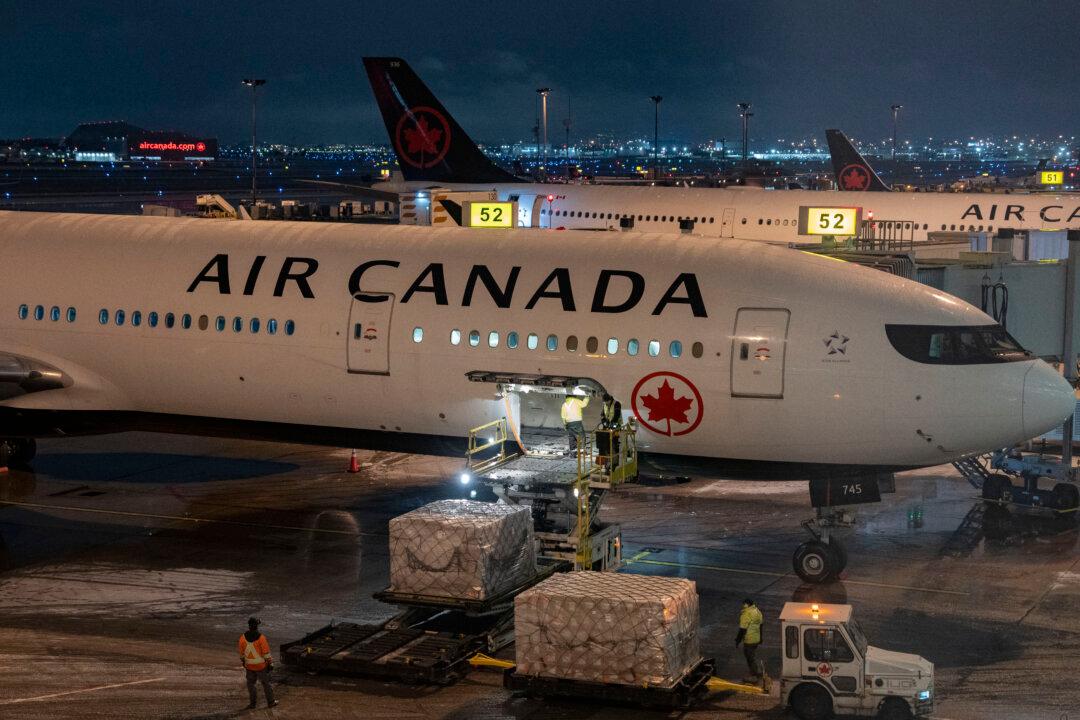DIGBY, N.S.—A First Nations chief in Nova Scotia says his band’s self-regulated lobster fishery will press ahead despite opposition from non-Indigenous commercial fishers that erupted in threats and violence this week.
Chief Mike Sack of the Sipekne’katik First Nation is holding a news conference in Digby, N.S., today after angry mobs damaged two facilities that handle lobster catches from Mi’kmaq fishers.





